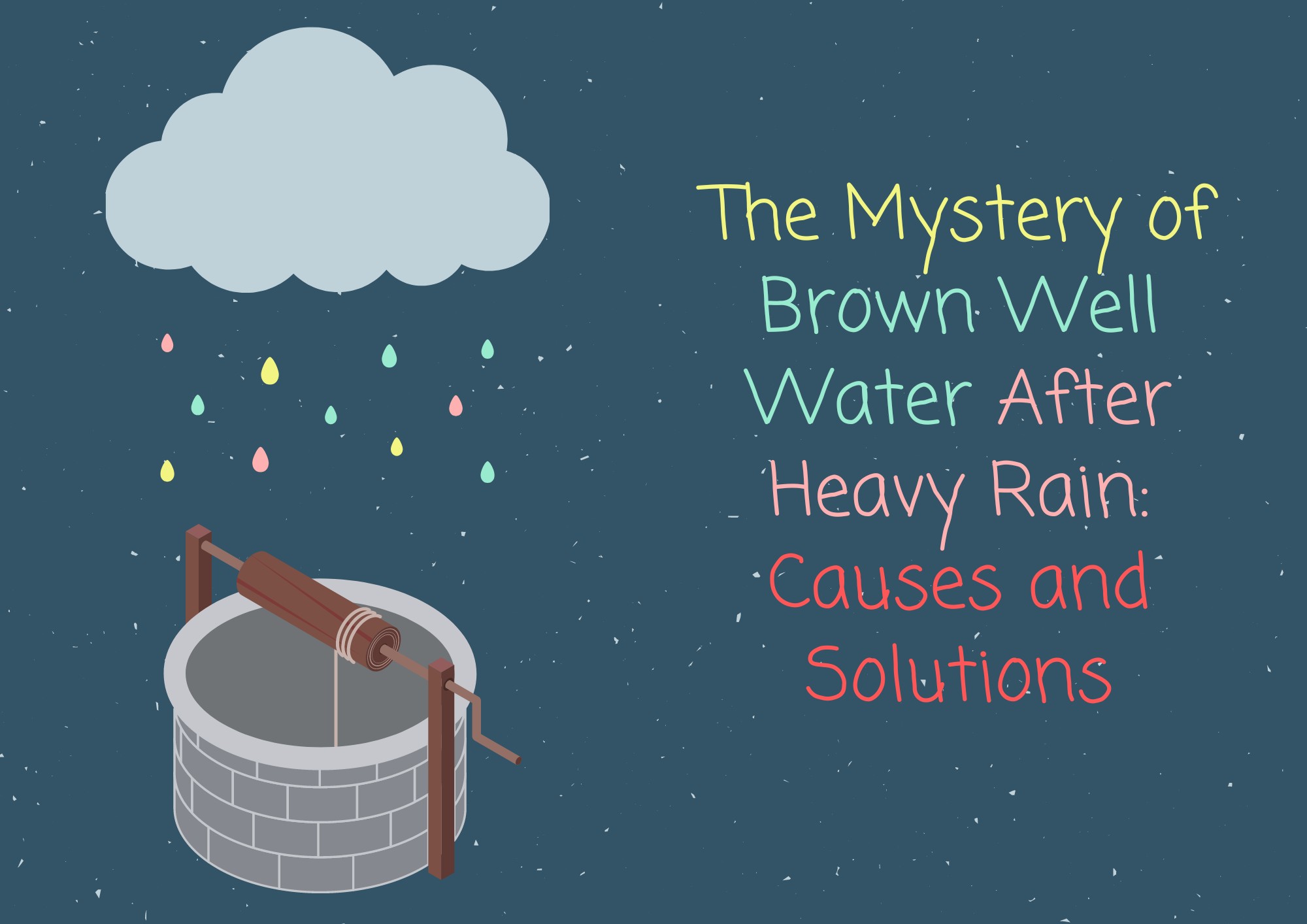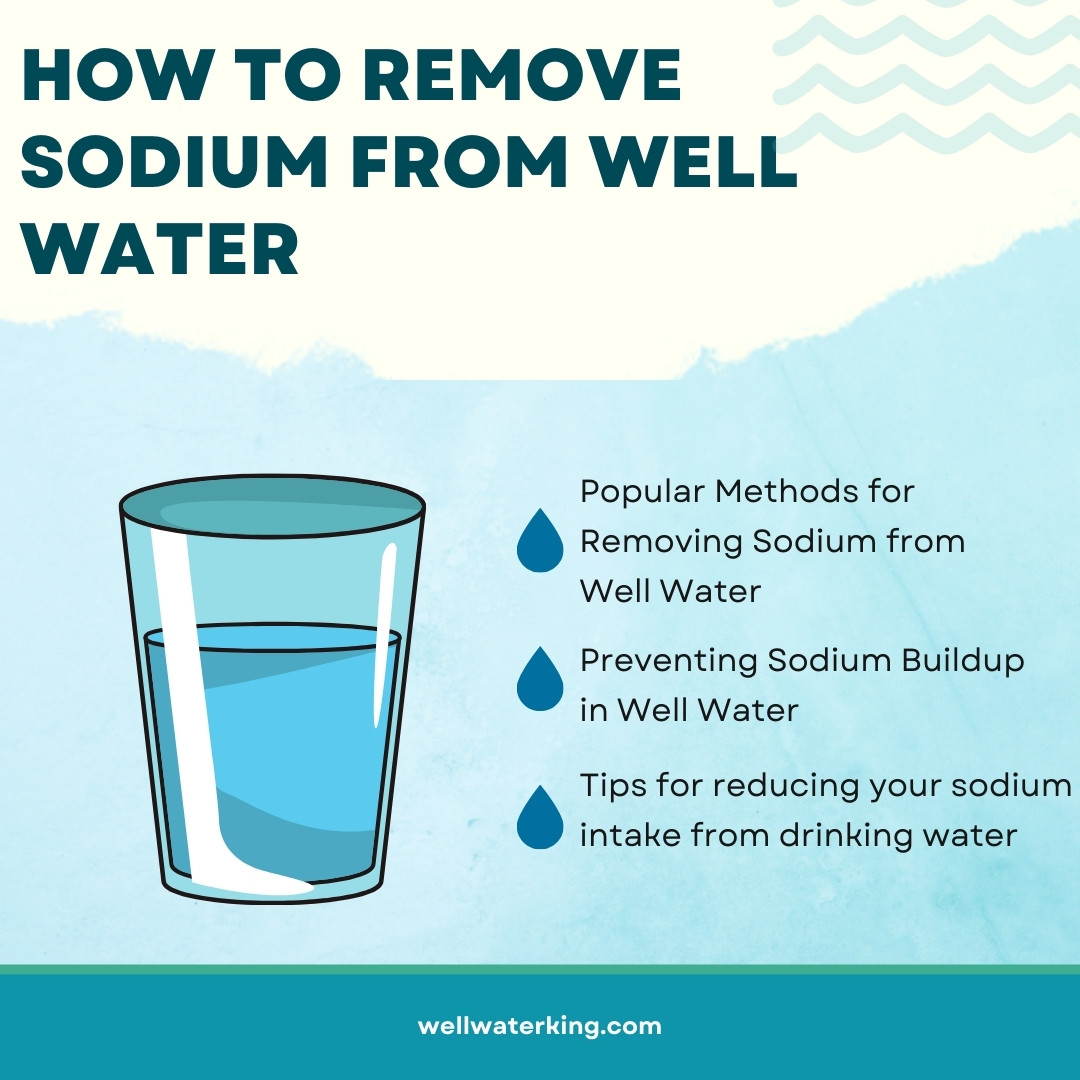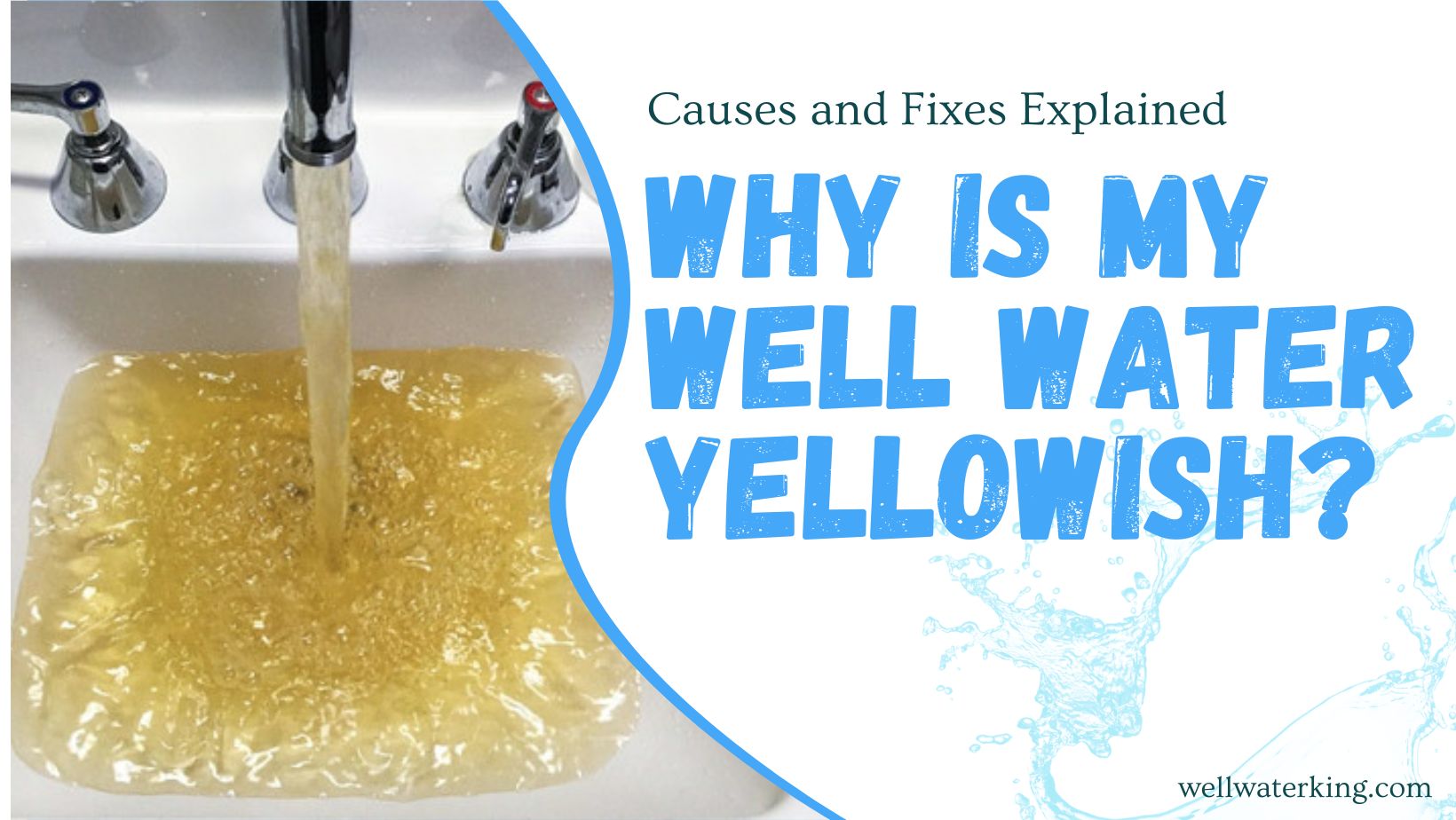Ever looked out after a torrential downpour, expecting everything to be fresh and pure, only to draw water from your well and find it tinged with a concerning shade of brown? This murky surprise is more common than you might think and serves as a compelling reminder of the complex interplay between nature’s elements. Brown well water post-rainfall is a phenomenon that intertwines the science of the earth, the dynamics of rain, and the mechanics of wells, creating a compelling puzzle for homeowners and enthusiasts alike.
This post delves into the murky waters, so to speak, of this occurrence. We’ll unearth the reasons why heavy rains might stir up your well, explore the contaminants and disturbances that are most often the culprits, and shed light on whether this discoloration is a fleeting visitor or an unwelcome guest. Is your well trying to tell you something or simply adjusting to nature’s whims? Dive in with us as we clear the muddy waters of this intriguing issue.
Contamination
Heavy rain can introduce contaminants into the well, leading to brown well water
You might think of rain as pure, clean water from the sky. Yet, heavy rain has a peculiar habit; it tends to pick up and move contaminants. Think of it like this: Imagine pouring a bucket of water over a sandy playground. The water will wash away loose dirt and sand, right? Similarly, heavy rain can wash contaminants like organic materials, microorganisms, or even chemicals into the ground.
Now, here’s the deal. If you have a well, it’s essentially a big hole in the ground that collects and stores water. When rain washes contaminants into the area around the well, they can seep inside. This may give your well water a brownish hue, and it may not be safe to drink or use.
| Cause | Effect |
|---|---|
| Heavy Rain | Increased Contaminants |
| Contaminated Ground | Brown Well Water |
Water Level Drops
During heavy rain, the water level in the well may drop, causing sediment and debris to enter the water supply
Sounds odd, right? You’d expect that heavy rain would fill up a well. In some cases, though, intense rainfall can cause the groundwater levels around the well to change, maybe even drop.
What happens next is a bit like shaking a snow globe. The sediment and debris that normally sit quietly at the bottom of the well get stirred up. As they mix with the well water, the water becomes discolored, often taking on a brownish shade.
| Event | Result |
|---|---|
| Water Level Changes | Sediment Disturbance |
| Sediment Movement | Brown Well Water |
Rust or Iron
Brown well water after heavy rain may be due to rust or iron particles being washed into the well.
The ground has a secret: it’s rich in minerals. One of these is iron. Now, when rainwater, which is slightly acidic, interacts with this iron, it can cause rust. This rusty water can then make its way into the well, especially after a heavy downpour.
Imagine spilling orange juice on a white shirt. It leaves a stain, right? Similarly, when rust enters the well, it colors the water a rusty-brown, and you might even notice a metallic taste.
Increased Turbidity
Heavy rain can increase the turbidity of the water, resulting in a brownish appearance.
Turbidity is a fancy word for “how cloudy or murky water appears.” When heavy rain stirs up sediment, organic matter, or other particles, the water can turn murky, and guess what? It can look brown!
Just like how milk in coffee makes it look lighter, these extra particles in your well water scatter light differently, making it appear brown. This doesn’t always mean it’s harmful, but it sure isn’t appetizing.
Temporary Issue
In some cases, brown well water after heavy rain may be a temporary issue that resolves on its own once the water clears.
Here’s a glimmer of hope! Sometimes, nature simply needs a moment to reset. In some situations, after the rain subsides and things calm down, the sediment settles back to the bottom, and the water clears up on its own.
However, if you see that the brownish hue remains or there’s a persistent odd taste, it might be wise to consult a professional or test your water to ensure it’s safe.
Prevention and Maintenance Tips: Keeping Your Well Water Clear After Heavy Rain
1. Routine Inspection:
Regularly inspect your well and its surroundings. Ensure the well cap is secure, and there aren’t any cracks or openings. A well-maintained structure can prevent many contaminants from entering.
2. Maintain a Safe Distance:
Activities around the well can influence water quality. Ensure septic systems, livestock, and chemical storage are situated a safe distance away from the well to reduce contamination risk.
| Factor | Recommended Distance from Well |
|---|---|
| Septic Tanks | 50+ feet |
| Livestock | 100+ feet |
| Fertilizer Storage | 100+ feet |
3. Landscaping for Protection:
Consider slope grading and landscaping around your well. A gentle slope can divert rainwater away, minimizing the risk of pollutants being washed into the well.
4. Regular Water Testing:
Annually test your well water, especially after prolonged heavy rains. This can give you insights into any potential contaminants or changes in mineral content.
5. Install Filtration Systems:
Consider a whole-house water filter or specific filters designed to remove sediments and iron. This acts as an additional safety net, ensuring cleaner water regardless of external factors.
6. Seal and Protect:
Seal any gaps, cracks, or spaces in the well casing. This prevents unwanted particles and contaminants, which might be more active during rains, from entering the well.
7. Deepen the Well:
If sediment disturbance is a persistent issue, consider deepening the well. A deeper well often means sediments are less likely to be disturbed by changes in water levels.
8. Monitor Water Levels:
Use monitoring devices or regular manual checks to observe any drastic changes in water levels. If the water level drops significantly after heavy rains, this could be a sign that maintenance or intervention is needed.
9. Educate and Inform:
If multiple people access or work around the well, educate them about best practices. Simple acts, like not dumping waste or chemicals nearby, can have a significant impact.
10. Stay Updated:
Stay informed about local weather patterns, and if heavy rains are forecasted, you can take preemptive measures like checking the well’s structural integrity or ensuring your filtration system is in optimal condition.
Bottom Line
Throughout this deep dive into the world of brown well water post-rainfall, we’ve unearthed the myriad of factors and dynamics that can turn our clear well water into a murky mystery. From the intricate interplay between rain and ground contaminants to the role of iron and turbidity in discoloring our water, we’ve journeyed through both the science and solutions surrounding this phenomenon.
Key Takeaways:
- Nature’s Interactions: Heavy rainfall doesn’t just quench the earth; it actively interacts with it, sometimes washing contaminants into our wells or stirring up sediment.
- Proactive Measures: Regular inspection, strategic landscaping, and keeping potential sources of contamination at bay are critical steps towards safeguarding our well water.
- The Power of Knowledge: Staying informed, whether through regular water testing or understanding local weather patterns, equips us to preemptively tackle any potential water discoloration issues.
- Solutions at Hand: Installing filtration systems and ensuring the structural integrity of our wells are just a couple of ways to actively combat the brown water problem.
In conclusion, while brown well water after heavy rain might seem like a daunting puzzle, with the right knowledge and proactive measures, it’s one that can be solved. Embracing both nature’s complexities and our capacity to respond ensures that the water we rely on remains as clear and pure as nature intended. As stewards of our environment, the clarity of our well water becomes not just a testament to its purity, but also to our commitment to understanding and preserving our vital resources. To clear waters and brighter days ahead!





